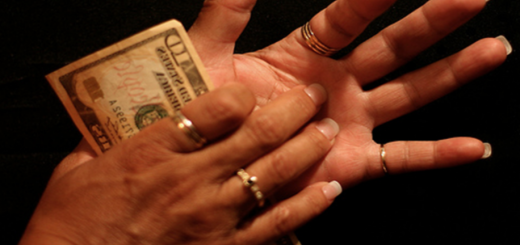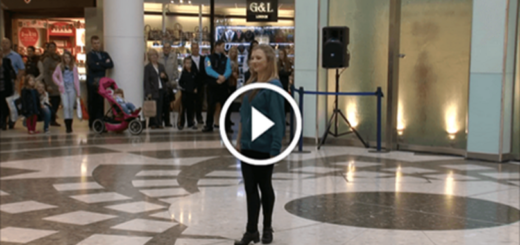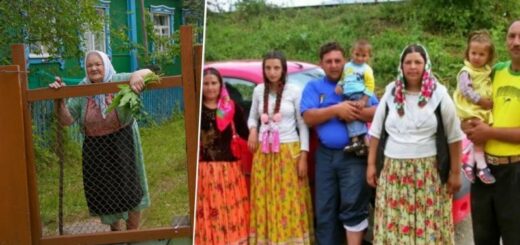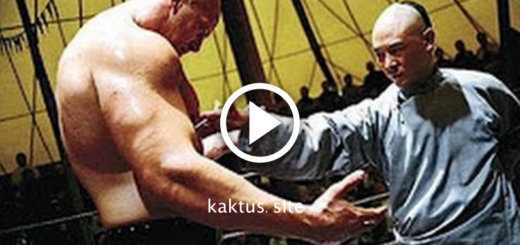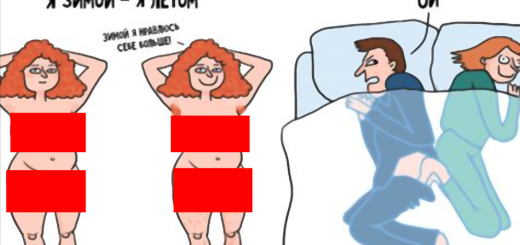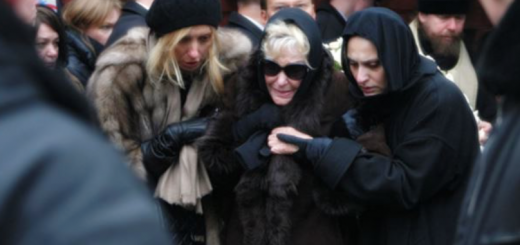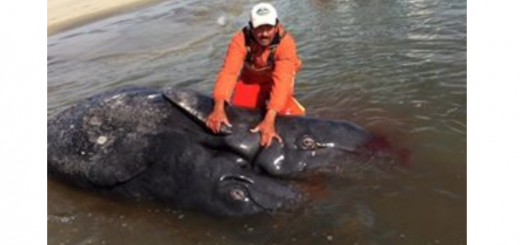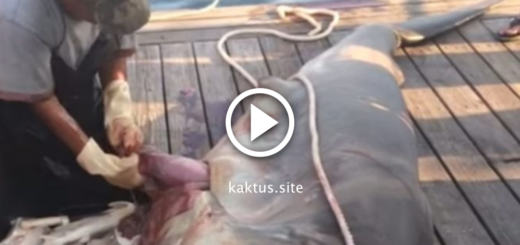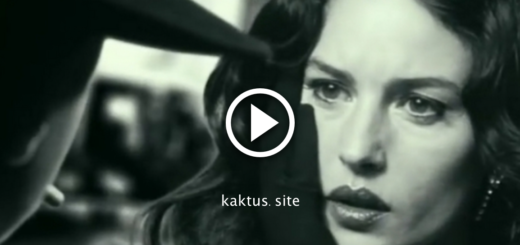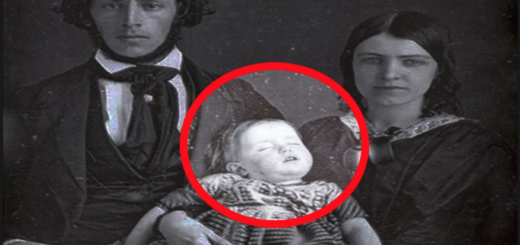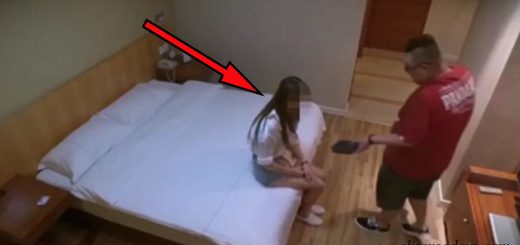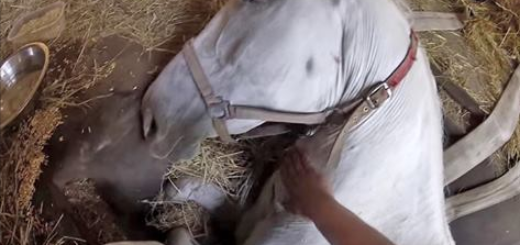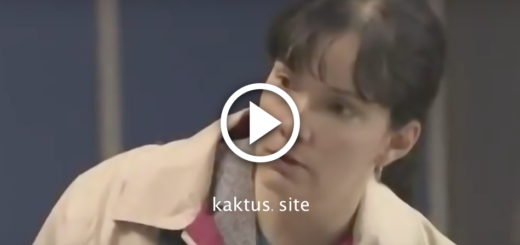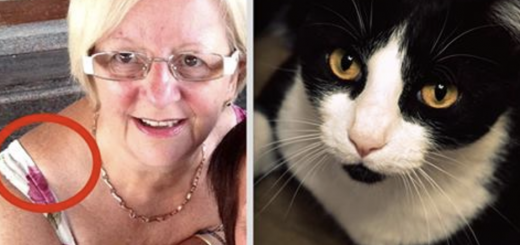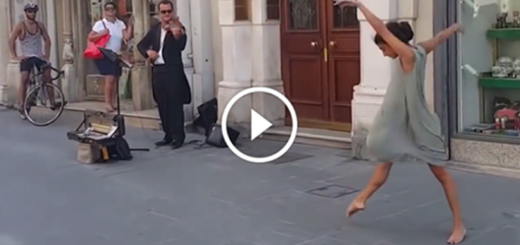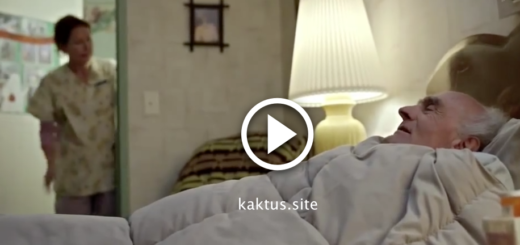That’s what made everything that came later so utterly incomprehensible. Nothing had felt broken, not in any obvious way. There were no slamming doors, no hushed phone calls in the dead of night, no inexplicable lipstick stains on his collars. He was just there—consistent, predictable, mine. When people reflect on tragedies, they always ask, «Weren’t there any signs?» I have replayed that question in my mind more times than I can count. Perhaps there were signs. Perhaps they were so subtle, so fleeting, that I blinked and missed them. Or maybe—and this is the thought that haunts me—maybe he truly was everything he appeared to be, right up until the moment he wasn’t.
The last birthday I celebrated with him was my forty-fourth. He took me to a small diner just outside of town. It was nothing fancy, just pancakes and coffee, but he made sure the waitress put a candle in my slice of apple pie. The staff sang «Happy Birthday» off-key, and the other patrons clapped. Michael squeezed my hand under the table and said:
— You’re still my favorite mystery.
I smiled at that. It was the kind of thing he said often—a little cheesy, a little cryptic. At the time, I thought he meant that I still surprised him, that I kept our life interesting. Now, I wonder if he meant something else entirely.
But in that moment, sitting in that worn-down diner booth, I believed in us. I believed in our life, in our shared story. I believed that no matter what the future held—retirement, growing older, maybe even becoming grandparents—we would face it together. I never, not for a single second, imagined that less than a year later, he would be gone. Or that two decades after that, I would be standing in our living room, clutching a card that would unravel everything I thought I knew about him, and about myself.
The first red flag appeared quietly, without fanfare. There was no explosive argument, no tearful confession; there was just a forgotten dinner. It was the evening of our twenty-fourth wedding anniversary, September 12th, 2004. I remember the date because I had circled it with a red pen on our kitchen calendar months in advance.
I’d made reservations at a quaint Italian restaurant in town, the same one where we had celebrated our tenth and fifteenth anniversaries. I put on the blue dress he had once told me made my eyes look like the summer sky. I even applied lipstick, a small act of ceremony I hadn’t bothered with in years. Michael wasn’t home when I finished getting ready. I assumed he’d gone out to pick up a gift, or perhaps stopped to buy me flowers. I placed my phone on the windowsill and waited.
Six o’clock came and went. Then six-thirty. At seven, the restaurant called to ask if we were still coming. I tried calling Michael’s cell, but it went straight to voicemail. By eight o’clock, I was still perched on the edge of our bed, in full makeup and heels, staring at the front door as if my gaze alone could will it to open. My heart wasn’t racing with panic. Instead, a slow, spreading ache of confusion settled in my chest. Michael was a lot of things, but he was never forgetful. He remembered birthdays, library due dates, even the expiration date on the milk. That was part of his dependable charm. So how could he possibly forget this?
When he finally walked through the door at a quarter past nine, he seemed genuinely surprised to find me in my dress.
— Oh. You’re still up.
He said, pausing in the doorway. I couldn’t form a response. I was too busy trying to swallow the lump that had formed in my throat.
— I had a meeting.
He continued, shrugging off his jacket.
— Parent trouble. The Williams kids’ mother came in and just wouldn’t leave. I lost track of time.
There was no apology, just a flat statement, as if that simple explanation should suffice. I looked at him—really looked at him. His tie was askew, his shirt was slightly wrinkled, and a small coffee stain marred the hem. He looked utterly exhausted and completely oblivious to the profound disappointment sitting right in front of him.
— I made reservations.
I finally managed to say.
— Our anniversary.
He blinked, a flicker of recognition crossing his face.
— That’s today.
That was the moment I felt something shift. It wasn’t a chasm opening between us, but rather a tiny, essential thread inside me being pulled loose. Nothing snapped. Nothing tore. But I felt it all the same. He walked into the kitchen and opened the refrigerator.
— I can make us some eggs.
He offered. I almost laughed out loud. Eggs. On our anniversary. Instead, I gave a slow, deliberate nod, went into the bathroom, locked the door, and cried silently into a hand towel so he wouldn’t hear me.
The next morning, a plastic-wrapped bouquet of carnations sat on the kitchen table. Gas station flowers. He knew I didn’t like carnations. But still, it was a gesture. A peace offering. I wanted to be angry, but a small voice inside me whispered, Don’t make this a big deal. He’s tired. He’s only human. So, I told myself it was a one-time oversight.
But then came the solitary walks. It began the following week. He started taking long, rambling strolls in the evening without inviting me. He claimed he needed to clear his head, get his steps in, or brainstorm lesson plans. He would leave immediately after dinner and not return for over an hour. The first few times, I didn’t think much of it. Everyone needs their own space. I even enjoyed the quiet, to be honest. I’d light a candle, make a cup of tea, and read in the living room as the house settled into a peaceful stillness around me.
But soon, it became a rigid pattern. Every single night, like clockwork. He would be withdrawn and silent during dinner, then he would slip out the back door. No hug, no «be back soon.» Just the sound of his footsteps on the porch steps and the click of the closing door. I started to wonder where he was really going. One night, about five minutes after he left, I got in my car and drove the neighborhood loop. I never saw him. There was no sign of him walking, no familiar figure passing beneath the glow of the street lamps. When he came home that night, he was flushed and sweaty. He said he’d decided to jog a little. I wanted to press him for more details, but I held back.
— Maybe we could walk together tomorrow?
I suggested instead. He offered a tight, forced smile.
— Sure.
But the next night, he left early, before I had even finished putting the dishes away. That was when the doubt truly began to crystallize. It wasn’t enough to form an accusation, not enough to induce panic. It was just a whisper, a persistent chill at the back of my mind. Something was not right. But I told myself that every marriage goes through quiet seasons. I told myself I was being paranoid. I told myself that love is patient, love is kind, and all the rest. I chose silence. And in doing so, I failed to notice the cracks that were already forming right beneath my feet.
It didn’t happen all at once. That’s the part that still confounds me. You don’t notice the small cuts until you happen to look down and realize you’re bleeding. After the forgotten anniversary and the solo evening walks, something in Michael began to dull. Or perhaps it was something in me. But the man who once used to surprise me with candy bars from the grocery store just because had become muted, as if someone had turned down the volume on his personality and he hadn’t even noticed.
We used to talk—not just about Jessica or the weather, but really talk. About books we were reading, our dreams for the future, our fears about getting older. We used to lie in bed and laugh about how neither of us understood the latest technology or how we kept meaning to fix the leaky faucet in the guest bathroom but never got around to it. But now, our conversations had been stripped down to mere logistics.
— Did you pay the gas bill?
— There’s soup in the fridge.
— I’ll be home late tonight.
Nothing more. No jokes. No questions. No warmth.
I remember one morning with painful clarity. I had woken up early to make him a proper breakfast, not just his usual toast and coffee. I made eggs the way he liked them, over easy, with a sprinkle of pepper and a side of turkey bacon. I even cut up some fresh cantaloupe and arranged it all on one of the special ceramic plates we had bought during an anniversary trip to Asheville years ago. He came downstairs, glanced at the plate, and said:
— Thanks.
Before taking it to the table. There was no eye contact, no kiss on the cheek, just a flat, tired «thanks.» He ate in complete silence, his attention fixed on the morning paper. I sat across from him, waiting for something—a smile, a conversation, a shared moment. None came. When he left for work, I stood in the doorway and watched him walk to his car. He didn’t wave. He didn’t even glance back. I spent the entire day feeling like a stranger in my own home.
That summer, he stopped coming to bed at the same time as me. At first, his excuse was that he was grading papers late. Then it became, «I can’t sleep.» Eventually, I would just find him already asleep on the couch when I came downstairs in the morning. I tried to initiate connection. I would put on the old Motown records we used to dance to in the kitchen. I would reach for his hand when we were walking down the driveway to get the mail. I even suggested a weekend getaway, just the two of us. He smiled at that suggestion, a strained, polite smile that didn’t reach his eyes.
— Things are just really hectic right now.
He said. They were always hectic.
Eventually, I stopped trying. It wasn’t out of anger; I wasn’t angry. I was exhausted. I was tired of reaching across a widening chasm and never feeling his hand meet mine. The hardest part wasn’t the loneliness; it was the invisibility. There is a specific kind of pain that comes with realizing the person you share a bed with no longer truly sees you, that you have become part of the furniture, the background noise, a figure in the periphery of their life instead of at its center.
At church one Sunday, a woman from the congregation asked Michael how we were doing. He answered without even looking at me.
— Same as ever.
I smiled and nodded. That had become my role: the smiling, nodding wife. Later that week, I got a haircut. Nothing drastic, just enough to frame my face and make me feel fresh. I came home, put on a new blouse, and made his favorite casserole for dinner. He didn’t notice. He didn’t say a word. He just served himself a plate, ate in silence, and then went down to the basement.
That was another thing—the basement. He started spending more and more time down there. He said he was organizing old boxes, but I rarely heard much movement. Just the sound of the door closing, the click of the light switch, and then hours of silence. Sometimes I would go to the top of the stairs and listen. Once, I even called down.
— Need any help?
He didn’t answer. I stood there for what felt like an eternity before walking away, quietly ashamed for even asking.
Over time, I started to shrink, not physically, but emotionally. I stopped talking as much. I stopped trying to share stories about my day. I stopped planning little surprises. It felt like living with a ghost, except ghosts don’t leave coffee mugs in the sink. They don’t fill the laundry basket with socks you still have to fold. They don’t kiss you on the forehead out of sheer habit, only for you to realize the gesture holds no weight anymore. I wasn’t just being ignored. I was being erased, piece by piece. And still, I told myself, marriages go through phases. It wasn’t until the humiliation came, public and sharp, that I finally realized something far deeper was already gone.





